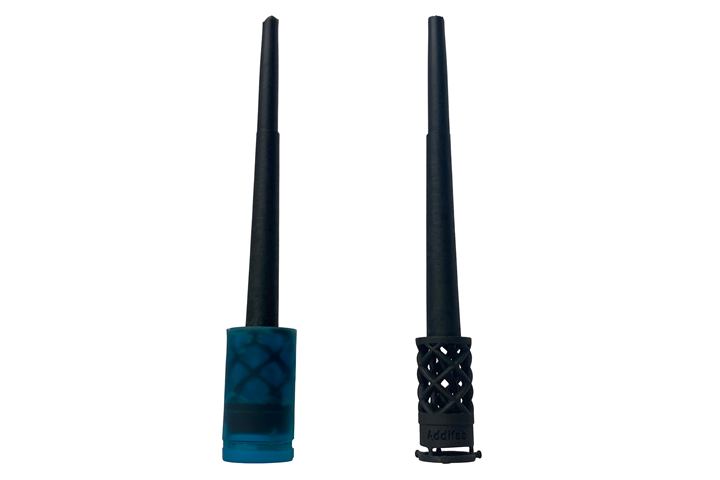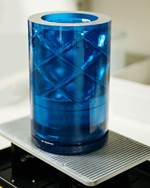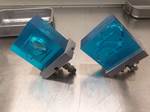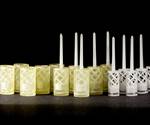Alpine Advanced Materials Licenses Addifab Freeform Technology
The designer and manufacturer of composite parts will use Addifab’s proprietary resin system and Nexa3D printers to print tooling for low-volume molded part testing.
Alpine Advanced Materials (Dallas) has introduced Rapid Prototype Molding (RPM) using Addifab’s proprietary resin system and Nexa3D’s printers. The company says this will give clients a rapid tool manufacturing option resulting in functional and testable parts. Complementing Alpine’s suite of engineered materials and design services, Alpine says RPM Freeform Injection Molding delivers complex injection molded parts more quickly and affordably than when using standard steel molds.
In a release, Alpine CEO David Brantner said his customers’ parts often must meet various certifications, including UL, FAA and MIL-spec, requiring a ‘real’ molded part for testing. “Think of companies bidding for military or aerospace contracts,” Brantner said, “it’s powerful to have data that backs up whether your components actually work.”
Filling the gap between a 3D printed part, which can get a client close in shape but is limited by mechanical performance, and an injection molded part, which provides form and function but requires investment in tooling, RPM delivers production-level components at a relatively low cost ideal for low-volume testing. With the Freeform process, complex mold inserts are printed, allowing designers to inject resin in a standard injection molding process and then dissolve away the cavity insert afterwards to reveal the molded part.
In addition, with separable components, RPM allows for two-part tools that can be used repeatedly for low volumes that also convey both form and function equivalent to that of a standard steel tool.

Addifab technology allows real world materials to be injected into cavity inserts that are dissolved away to reveal the molded part (right).
Photo Credit: Alpine Performance Materials
Related Content
-
3D Printing Workshop Returns for NPE2024: The Plastics Show
The speaker lineup has been announced for this event highlighting the use of 3D printing in the plastics industry.
-
Smooth Operators: Vibration Compensation Improves Robot Performance
Ulendo is working to apply its vibration compensation algorithm to robots. This application is more complex than its initial market of fused filament fabrication 3D printers, but could result in faster, cheaper robots.
-
The Connector Conundrum: 3D Printed Mold Tooling’s Role in Innovation
ReelView Fishing faced an electronics obstacle in the development of its new technology for underwater video. Additive manufacturing for moldmaking allowed for the speed necessary to iterate to a solution. How inventors and invention will benefit from new ways of obtaining production-ready tooling.












